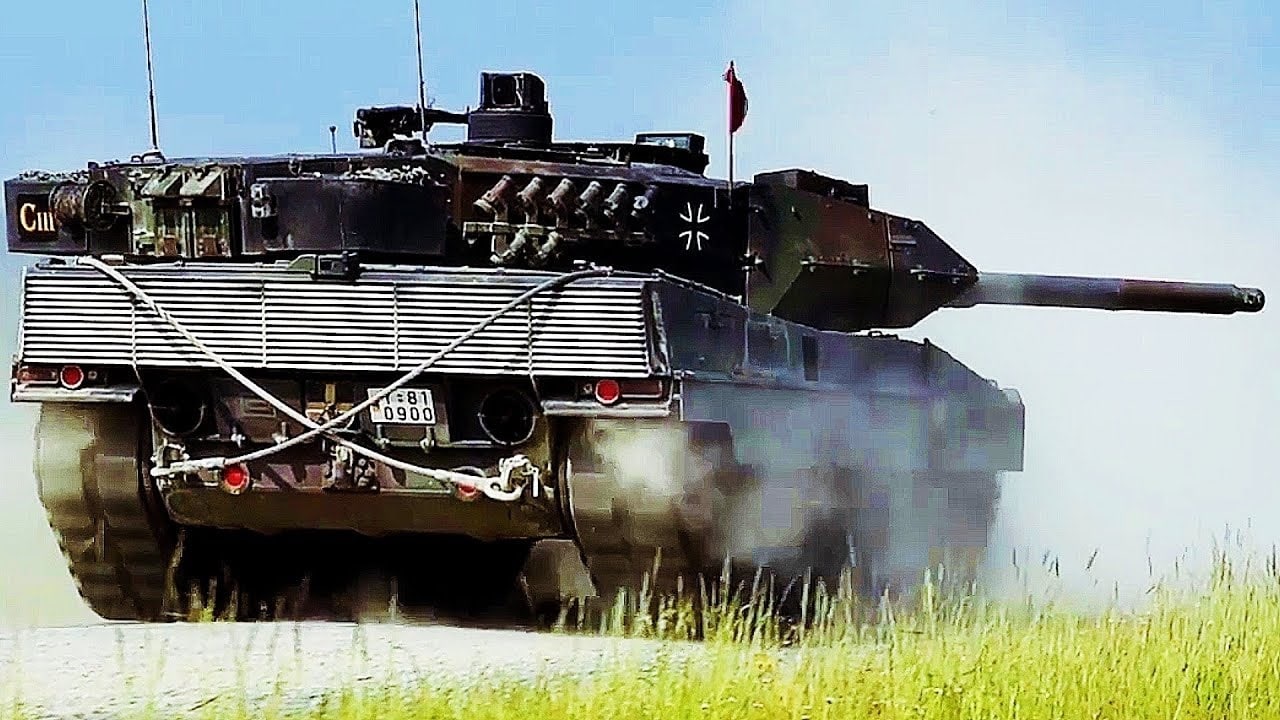Russian Invasion May Cause NATO Expansion, Even On Russian Border – Russia’s decision to invade Ukraine was inarguably a result of the West’s refusal to provide Russian President Vladimir Putin the “assurances” he has sought for several years that neighboring Ukraine would never be allowed to join the North AtlanticTreaty Organization.
Despite Putin proving that he is willing to take military action to stop neighboring countries from joining NATO, however, Finland and Sweden have brushed off warnings from neighboring Russia against joining the international military alliance.
Why Russia Didn’t Want Ukraine to Join NATO
NATO is an intergovernmental military alliance between two North American countries, one Eurasian country, and 27 European countries. It was established in 1949 in the wake of the Second World War after United States Secretary of State George Marshall proposed the European Recovery Program, an initiative designed to strengthen economic cooperation between the U.S. and Europe. The Soviet Union refused to take part in the plan and blocked satellite states in Eastern Europe from accepting economic assistance.
After years of conflict, the North Atlantic Treaty was signed in 1949 in which the United Kingdom, Portugal, Norway, the Netherlands, Luxemburg, Italy, Iceland, France, the United States, Canada, Belgium, and Denmark agreed to deem an attack against one country to be an attack against all of them. It is effectively a defense agreement that creates a sizeable, united military force that could go up against the Soviet Union. That agreement exists today and, should Ukraine have joined NATO, would have given the country the protection of major Western militaries in the event of a Russian invasion.
Putin has long sought assurances from the West that Ukraine would not be allowed to join NATO, but never received them.
Finland and Sweden Ignore Moscow’s Warning About Joining NATO
While Russia’s military action may have made the chances of Ukraine joining NATO an even smaller possibility, it hasn’t scared off neighboring Finland and Sweden.
On Friday, a statement from Russia’s Foreign Ministry expressed concern about what they perceived as efforts by the United States and some of its allies to bring Sweden and Finland into the conflict and lobby the country’s governments to become the latest members of NATO.
Russian officials warned the two countries of “serious military and political” responses if they join NATO.
Finnish Foreign Minister Pekka Haavisto said the next day, however, that they had heard it all before.
“We don’t think that it calls for a military threat,” he told Finnish public TV broadcaster YLE. “Should Finland be NATO’s external border, it rather means that Russia would certainly take that into account in its own defense planning.”
Finland has the longest border with Russia of any European Union nation, at 830 miles.
Swedish Prime Minister Magdalena Andersson also responded to Russia’s warning on Friday, telling a press conference that her country will not be pressured to make any decision on NATO by Russia.
“I want to be extremely clear. It is Sweden that itself and independently decides on our security policy line,” she said.
Russian aggression may have stopped Ukraine from joining NATO, but it may not work on Sweden and Finland.
Jack Buckby is a British author, counter-extremism researcher, and journalist based in New York. Reporting on the U.K., Europe, and the U.S., he works to analyze and understand left-wing and right-wing radicalization, and report on Western governments’ approaches to the pressing issues of today. His books and research papers explore these themes and propose pragmatic solutions to our increasingly polarized society.

